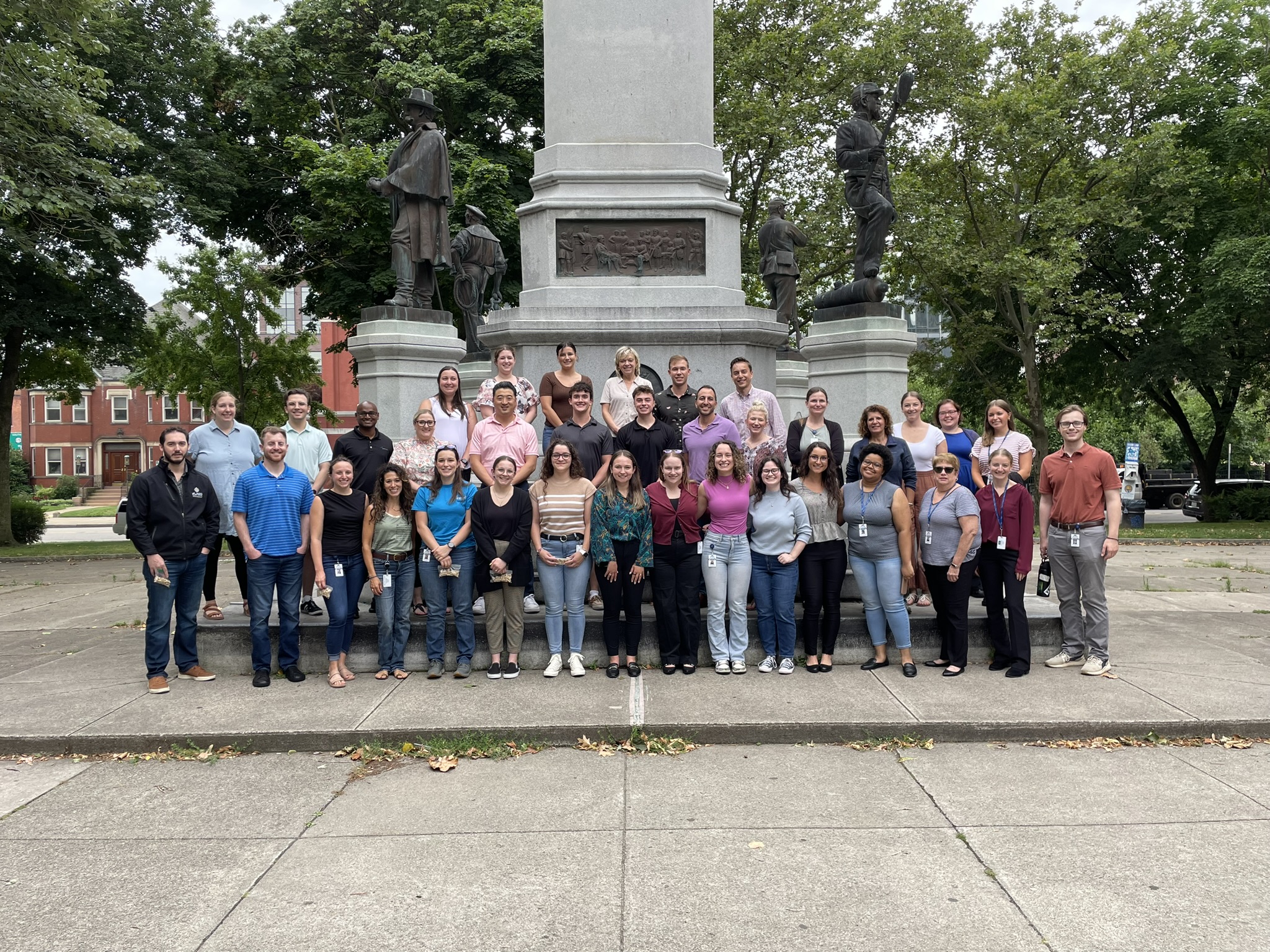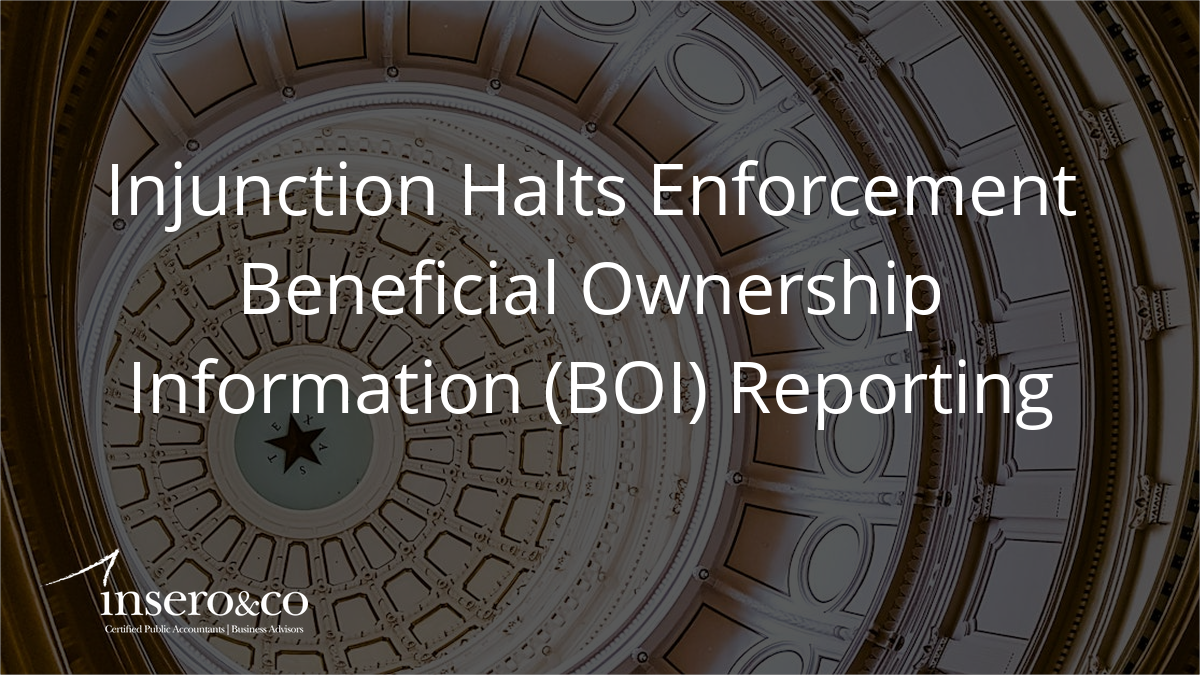INSIGHT ARTICLE |
Authored by RSM US LLP
Smart cities: Digital transformation and municipalities
As technology evolves, more and more public sector entities are seeking to leverage it to solve some of their most vexing challenges. However, many municipalities face funding constraints that limit their ability to evaluate and adopt innovative technologies. Combined with the impact of the COVID-19 pandemic on their revenue, municipalities are further constrained in their ability to invest and prepare for the future. That said, there are several cost-effective strategies that municipalities can adopt with relative ease. Leveraging emerging technologies effectively can provide a low-cost way for municipalities to improve citizen interactions, increase transparency and meet sustainability targets.
Community interactions and transparency
Numerous municipalities cite community interactions and transparency as major pain points. City websites tend to be complex; it’s often difficult for citizens and businesses to navigate them effectively without knowing the organizational structure of the municipality. This in turn leads to large call volumes and undue pressure on the city’s call centre.
Low-code chatbots are a good place to start for cities looking to leverage technology to facilitate smoother interactions with their constituents and reduce costs. Chatbots are simple to deploy and can be live in a matter of weeks. They’re very effective at answering FAQs, assisting with navigation and addressing common questions. They make it much easier for the community to interact with the city, while in turn easing the pressure on call centre staff.
Controlling emissions
Another area of concern for municipalities is the environment. Increasing population density coupled with a lack of investment in transportation infrastructure are forcing people to spend a larger portion of their time in transit and causing an increasing number of emissions.
Multiple sources of datasets, including those derived from geographic information systems and open data, can be leveraged to promote sustainability and reduce emissions. Such projects are sophisticated in nature and utilize mature and emerging technologies such as artificial intelligence, machine learning, the Internet of Things and predictive analytics to help cities design more sustainable infrastructure. The benefits of such technologies include smarter and dynamic traffic flow management to optimize and reduce idle traffic, and the ability to predict air pollution levels and control emissions.
Waste management
Many cities also struggle with effective waste management. Typically, garbage and recycling are organized and directed to landfills, recycling centres or organic waste collection sites. The onus is on citizens to sort materials; however, we often end up with recyclable materials in the landfill and vice versa. Smart waste management essentially leverages IoT—devices and sensors—to properly and automatically route materials.
Recommended approach
For municipalities looking to leverage technology in a cost-effective manner, the best place to start is by developing a robust digital strategy. Once you have the strategy mapped into short-, medium- and long-term phases with cost estimates and benefits clearly outlined, IT can tap into capital funding. While most funding will come from the city budget, there are also several federal and provincial funding programs available. These include modernization funds and smart city competitions to name a few. However, focus on developing a well-constructed digital strategy before pursuing funding.
Talent considerations
Another key consideration for municipalities looking to leverage technology is talent. In order to execute on smart city initiatives, many municipalities will need to make changes in their hiring procedures as well as perform a thorough assessment of their current workforce and talent base. Due to the ever-changing nature of technology, there are new jobs and new skills on the market now that did not exist even five years ago, and that will only continue. Cities will need to assess what new skills are required for their workforce to succeed in this digital world.
Cost reduction
Digital transformation is a long game. In the ideal smart city, a net cost reduction is achieved in all of these areas. Effective traffic management, for example, leads to less wear and tear on infrastructure such as roads and bridges, as well as effective fleet management and diversion. Smart waste management can shrink the footprint of landfills as well as reduce the environmental impact. There’s also a less quantifiable but equally important benefit in terms of quality of life for the community.
Final words
Around the world and locally, many cities are in the process of implementing their smart city strategies. In Canada, the City of Vancouver, the City of Calgary and the City of Toronto have all taken steps forward. Internationally, both London and Singapore are adopting similar initiatives. These projects are large in scope and come with unique concerns involving privacy, data collection and security. Leveraging emerging technologies can provide an effective way for municipalities to modernize, improve citizen interactions and meet sustainability targets.
Do you have questions or want to talk?
Call us at (800) 232-9547 or fill out the form below and we’ll contact you to discuss your specific situation.
This article was written by RSM US LLP and originally appeared on 2021-07-27.
2021 RSM US LLP. All rights reserved.
https://rsmus.com/what-we-do/industries/government/state-and-local-government/smart-cities-digital-transformation-and-municipalities.html
RSM US Alliance provides its members with access to resources of RSM US LLP. RSM US Alliance member firms are separate and independent businesses and legal entities that are responsible for their own acts and omissions, and each are separate and independent from RSM US LLP. RSM US LLP is the U.S. member firm of RSM International, a global network of independent audit, tax, and consulting firms. Members of RSM US Alliance have access to RSM International resources through RSM US LLP but are not member firms of RSM International. Visit rsmus.com/aboutus for more information regarding RSM US LLP and RSM International. The RSM(tm) brandmark is used under license by RSM US LLP. RSM US Alliance products and services are proprietary to RSM US LLP.

Insero & Co. CPAs, LLP is a proud member of RSM US Alliance, a premier affiliation of independent accounting and consulting firms in the United States. RSM US Alliance provides our firm with access to resources of RSM US LLP, the leading provider of audit, tax and consulting services focused on the middle market. RSM US LLP is a licensed CPA firm and the U.S. member of RSM International, a global network of independent audit, tax and consulting firms with more than 43,000 people in over 120 countries.
Our membership in RSM US Alliance has elevated our capabilities in the marketplace, helping to differentiate our firm from the competition while allowing us to maintain our independence and entrepreneurial culture. We have access to a valuable peer network of like-sized firms as well as a broad range of tools, expertise, and technical resources.
For more information on how Insero & Co. CPAs can assist you, please call (800) 232-9547.




